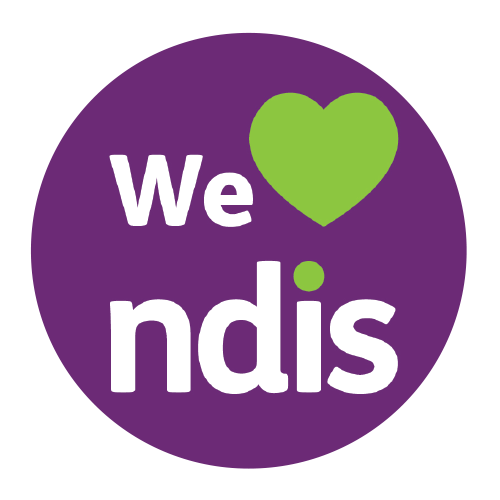NEWS AND ARTICLES
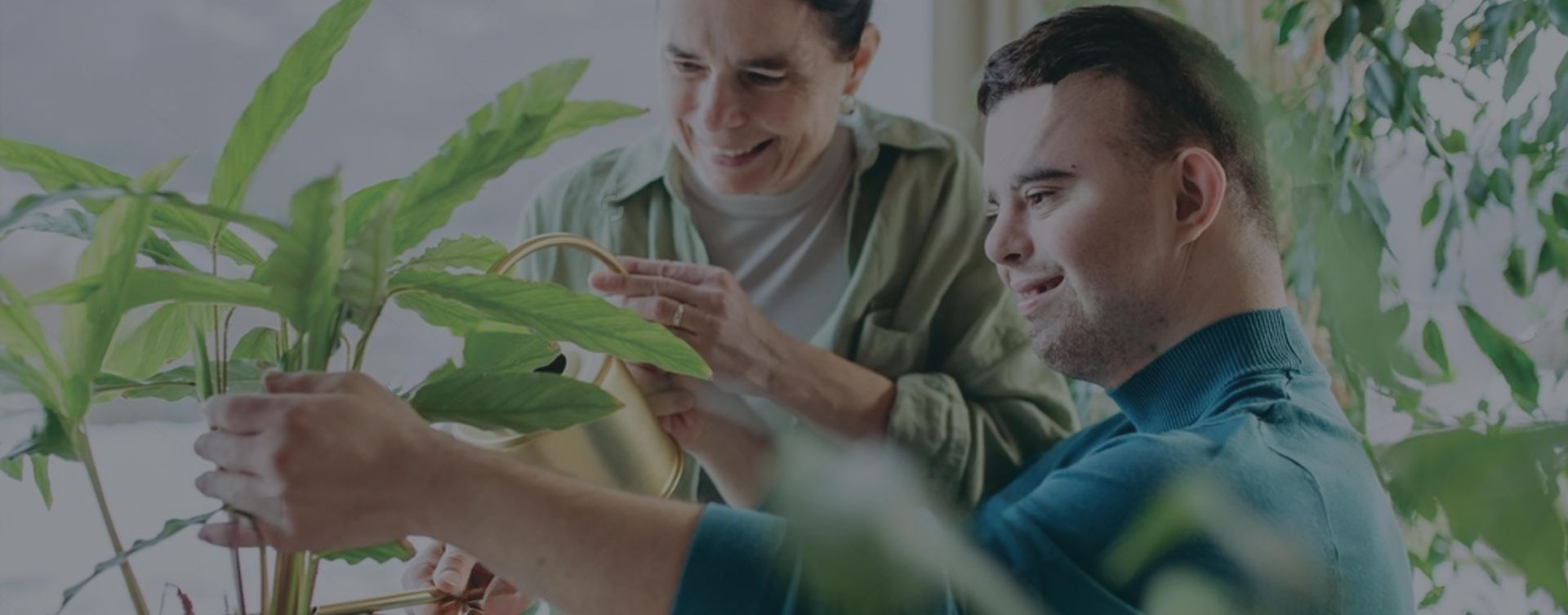
Supporting Our Care Workers: How Health Staff Australia Prioritizes Training, Wellbeing, and Career Growth In 2026, the landscape of healthcare continues to evolve rapidly, and the demand for compassionate, skilled nurses and support workers in disability and aged care has never been greater. At Health Staff Australia, we recognize that the heart of exceptional care lies in the hands of our dedicated workforce. That’s why supporting our care workers through comprehensive training, wellbeing initiatives, and meaningful career growth opportunities remains central to everything we do.

Behind the Scenes with Health Staff Australia The festive season is a time filled with excitement, family gatherings, and warm celebrations— but for many of our clients, it can also be a challenging time. That’s where our incredible support workers step in. Their Christmas Day doesn’t always look like everyone else’s, yet it is filled with just as much meaning, connection, and joy. Here’s a warm behind-the-scenes look at what a typical Christmas shift can look like for one of our dedicated support workers. Starting the Day with Purpose While most people wake up to presents under the tree, our support workers start their day with something just as meaningful: a commitment to care. The morning begins early, with a quick check of their schedule and client notes to ensure they’re fully prepared for the day ahead. Whether visiting an elderly client living alone or assisting someone with higher needs, they arrive with a smile, knowing they are often the first friendly face their client sees on Christmas morning. Bringing Festive Cheer Into the Home Small acts of joy make a world of difference. Our support workers help clients open holiday cards, set the table for a simple Christmas lunch, or play their favourite festive music to create a warm atmosphere. For clients with limited mobility or special care needs, they gently assist with personal care, medication, and daily tasks—ensuring they feel comfortable, supported, and included in the celebrations. One of the most touching parts of the day is simply sharing conversation. Many clients love reminiscing about Christmas traditions, family memories, or holidays from years gone by. These moments of connection are what truly brighten the day. Supporting Families So They Can Celebrate Too Christmas can be overwhelming for families managing care responsibilities. Support workers give loved ones the chance to relax, host gatherings, attend church services, or simply enjoy time together—knowing their family member is in safe, capable hands. This relief is often the greatest gift we can give. Navigating the Unexpected with Compassion The festive season doesn’t pause the complexities of caring. Whether it’s a change in behaviour, a sudden emotional moment, or the need for extra reassurance, our team handles each situation with calmness and empathy. Their ability to adapt, respond, and uplift clients is a testament to their skill and heart. Ending the Shift with Fulfilment As the day winds down, support workers complete their notes, tidy up the home, and make sure their client is settled and content. They leave quietly, knowing they’ve made someone’s Christmas safer, brighter, and more connected. Many finish their shift and head to their own evening celebrations with loved ones—often tired, but deeply fulfilled. Why This Work Matters Behind every Christmas shift is a person who chooses kindness, service, and humanity. Our support workers bring light into homes that might otherwise feel lonely or overwhelming during the holidays. Their presence ensures every client—no matter their needs—can experience dignity, comfort, and the warmth of the season. This festive period, we celebrate them. Their dedication. Their compassion. Their unwavering commitment to care. From all of us at Health Staff Australia , thank you to our incredible team for everything you do—not just at Christmas, but all year round.
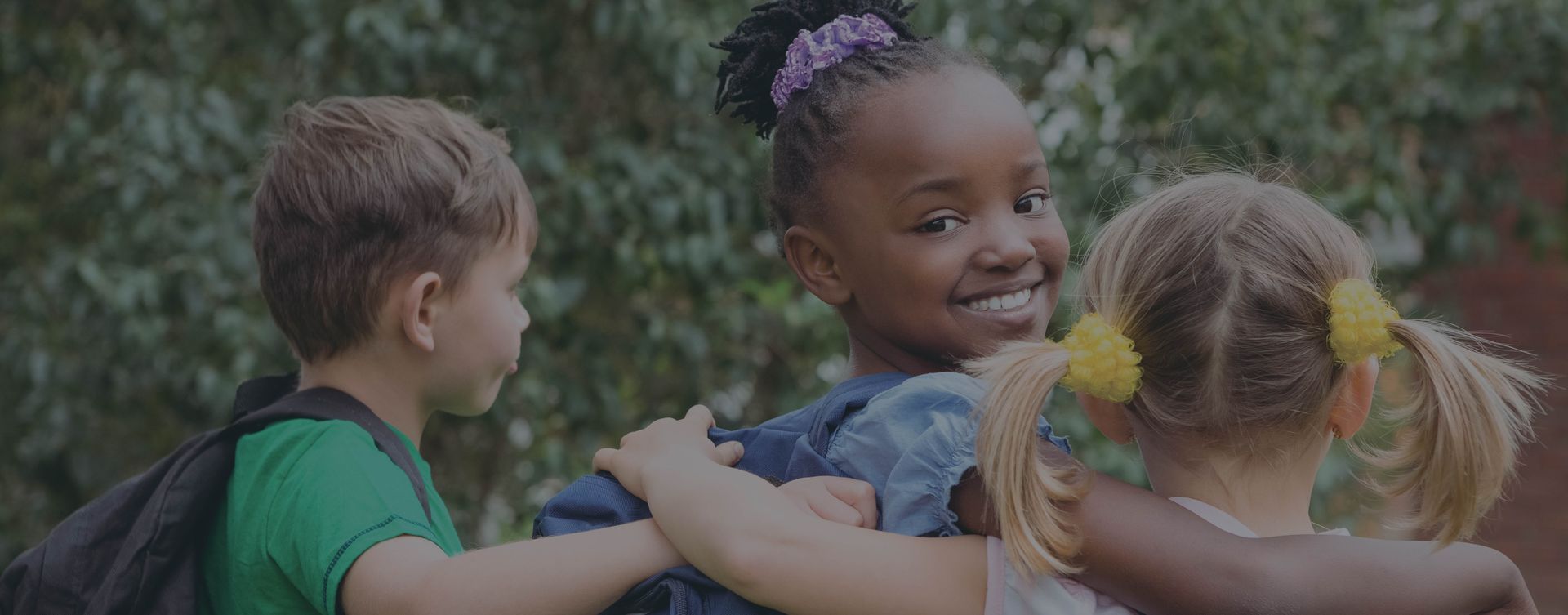
The Power of Kindness in Child Development Celebrating World Kindness Day – 13 November Every year on 13 November, we celebrate World Kindness Day — a day that reminds us that compassion and understanding have the power to make the world a better place for everyone, especially for children. The Origins of World Kindness Day World Kindness Day was established in 1998 by the World Kindness Movement (WKM), a global coalition formed a year earlier in Tokyo. Independent of any religion, culture, or political group, the WKM’s mission is clear: “to inspire individuals and connect nations to create a kinder world.” At its heart, the movement reminds us that kindness is a universal language — one that transcends barriers and celebrates our shared humanity. Why Kindness Matters — Especially for Children with Disabilities Every child deserves the chance to grow, learn, and thrive — to be seen, heard, and included. For children with disabilities, kindness can be the difference between isolation and belonging. At Save the Children, we believe that early childhood development is an investment for life. When we nurture children’s physical, emotional, and intellectual growth, we lay the foundation for a future of confidence and independence. But for children with disabilities, this foundation also depends on something equally vital — acceptance, inclusion, and kindness. Acts of kindness help children with disabilities feel valued and capable. They also teach other children to look beyond differences and see the unique strengths that every individual brings to the world. The Science Behind Kindness Studies show that kindness benefits both the giver and the receiver. It: 💗 Boosts empathy, confidence, and self-esteem 🌱 Reduces stress and promotes emotional well-being 🧠 Encourages cooperation and stronger social bonds 🌈 Builds inclusive, compassionate communities When children grow up in environments where kindness is practiced and modeled, they learn to approach others with empathy — not judgment. This emotional intelligence shapes how they navigate relationships, school, and later life.

Health Staff Australia Going Places! Shoalhaven Disability Expo 2025 On Tuesday, 17 September 2025, we had an amazing time attending and showcasing at this year’s Shoalhaven Disability Expo at the Shoalhaven Indoor Sports Centre in Bomaderry. Now in its 11th year, this expo is the largest volunteer-run, not-for-profit event in the region, bringing together people of all abilities, families, carers, and friends for a day full of learning, connection, and fun. The expo was buzzing with over 90 service providers, engaging activities, and local community groups — and our stand definitely stood out! We had the chance to meet incredible people, make new friends, and connect with the community in a meaningful way. Every conversation, smile, and shared story reminded us why we love being part of events like this. From meaningful chats with families and carers to connecting with other service providers, the day was packed with energy, inspiration, and a real sense of community. Our team brought their A-game, showcasing what Health Staff Australia has to offer, while having an absolute blast meeting everyone who stopped by our stand. A huge thank you to our amazing staff who made this possible — your energy and enthusiasm lit up the room! And of course, a big shout-out to the Shoalhaven Disability Forum for organizing such an inclusive and vibrant event, including the Quiet Hour from 12:00pm – 1:00pm, which made the day even more welcoming for everyone. We left the expo inspired, energized, and already looking forward to next year. To everyone who visited our stand — thank you for making it such a memorable day. Can’t wait to see you all again! Health Staff Australia is proud to be part of the Shoalhaven community , connecting, sharing, and supporting people of all abilities, their families, and carers — one exciting event at a time!

World Suicide Prevention Day 2025: Changing the Narrative on Suicide Why World Suicide Prevention Day Matters Each year, an estimated 720,000 people die by suicide worldwide . The impact is devastating — rippling through families, friendships, workplaces, and entire communities. Behind every statistic is a story, a life, and loved ones left behind. This reality reminds us why World Suicide Prevention Day (WSPD) matters. On 10 September 2025 , people and organisations across the globe will come together to mark WSPD under the theme: “Changing the Narrative on Suicide.” This year, the campaign is placing particular emphasis on accessibility, with resources translated into more languages so the message of hope can reach more people, in more places. As Professor Jo Robinson, President of the International Association for Suicide Prevention (IASP), shares: “Suicide prevention is a shared commitment that unites us across borders, cultures, and communities. As we continue our journey to change the narrative on suicide, let us ensure our message of hope and understanding reaches everyone — in every corner of the world.” What Does “Changing the Narrative” Mean? For too long, conversations about suicide have been surrounded by silence, stigma, and misunderstanding. Changing the narrative means shifting towards openness, empathy, and support. It’s about making suicide prevention everybody’s business — not just the responsibility of mental health professionals. The movement calls us to action in several key ways: Raising awareness and understanding through open, compassionate conversations. Advocating for the decriminalisation of suicide and the development of national suicide prevention strategies. Taking action by checking in with loved ones, sharing stories, and participating in training. Ensuring that people in crisis areas have access to mental health care and protective support. Ways You Can Get Involved in World Suicide Prevention Day 1. Start a Conversation and Raise Awareness Online A simple post using #WSPD can help challenge stigma and spread hope. Free resources, posters, and videos are available through organisations such as Suicide Prevention Australia, Lifeline, and the International Association for Suicide Prevention. 2. Raise Awareness at Work Workplaces play a powerful role in shaping culture and supporting staff. Host an event, share resources with your team, or consider creating a wellbeing initiative that prioritises mental health in your workplace. 3. Reach Out to Someone If you notice a friend, colleague, or family member struggling, reaching out can make all the difference. Asking “How are you really going?” might be exactly what they need to hear. 4. Listen Well When someone shares their worries, listen without judgment. Don’t minimise their feelings or rush to provide answers. Sometimes, being heard is the most powerful form of support. 5. Rethink Attitudes Toward Mental Health Reject harmful ideas like “just get over it” or “toughen up.” Encouraging openness shows people it’s safe to talk about their struggles and seek help when they need it. 6. Encourage People to Seek Support Whether it’s through a GP, a counsellor, or a helpline, professional help can make a huge difference. Remind those around you that seeking support is a sign of strength, not weakness.

International Youth Day – Celebrating the Future of Healthcare Each year on International Youth Day, we honour the creativity, resilience, and potential of young people around the globe. At Health Staff Australia, we believe it’s also a powerful opportunity to highlight how youth play an essential role in shaping the future of healthcare in our country — from aged care to frontline nursing and allied health services. Young healthcare professionals are not just the future — they’re already making a difference today. Whether it’s through their work as Registered Nurses (RNs), Assistant in Nursing (AINs), Support Workers, Doctors, Occupational Therapists (OTs), or in countless other roles, young people are stepping up with compassion, innovation, and a drive to care. Youth in Aged Care and Nursing: The Impact is Real Australia’s healthcare landscape is changing rapidly, particularly as our population ages. This makes sectors like aged care and disability support more vital than ever. Youth who choose careers in these fields bring fresh energy, empathy, and a willingness to learn — helping to enhance the quality of care for some of our most vulnerable citizens. The nursing profession is the largest single health profession in Australia, and as the Australian Parliament notes, “workforce planning is critical to ensure alignment of nursing supply with demand required by the health system, to create a sustainable nursing workforce for Australia” ( source ). That means we need more young people to consider healthcare as a career path — and not just any role, but those in high-demand sectors like residential aged care, community health, mental health support, and disability services.
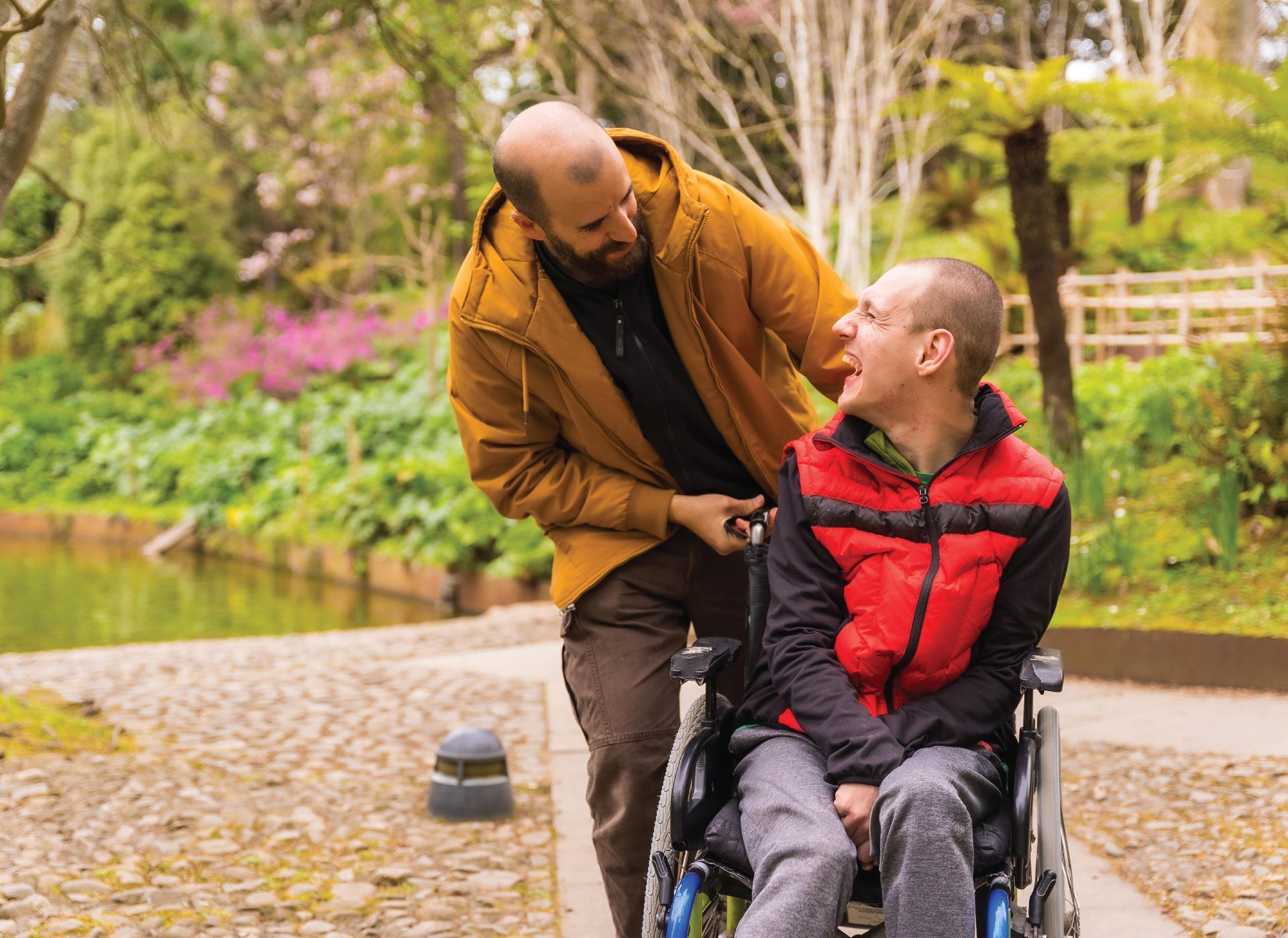
You Were Made for This: The Qualities That Make a Great Support Worker – and How to Grow Them Support work is not just a job. It’s a quiet kind of strength, a steady hand, and a heart that chooses care—again and again. At Health Staff Australia, we’ve seen firsthand the impact a truly compassionate support worker can make. But what is it that makes someone right for this role? And how can you grow into the kind of carer you aspire to be? Whether you’re new to the field or have been walking alongside others for years, this is for you.
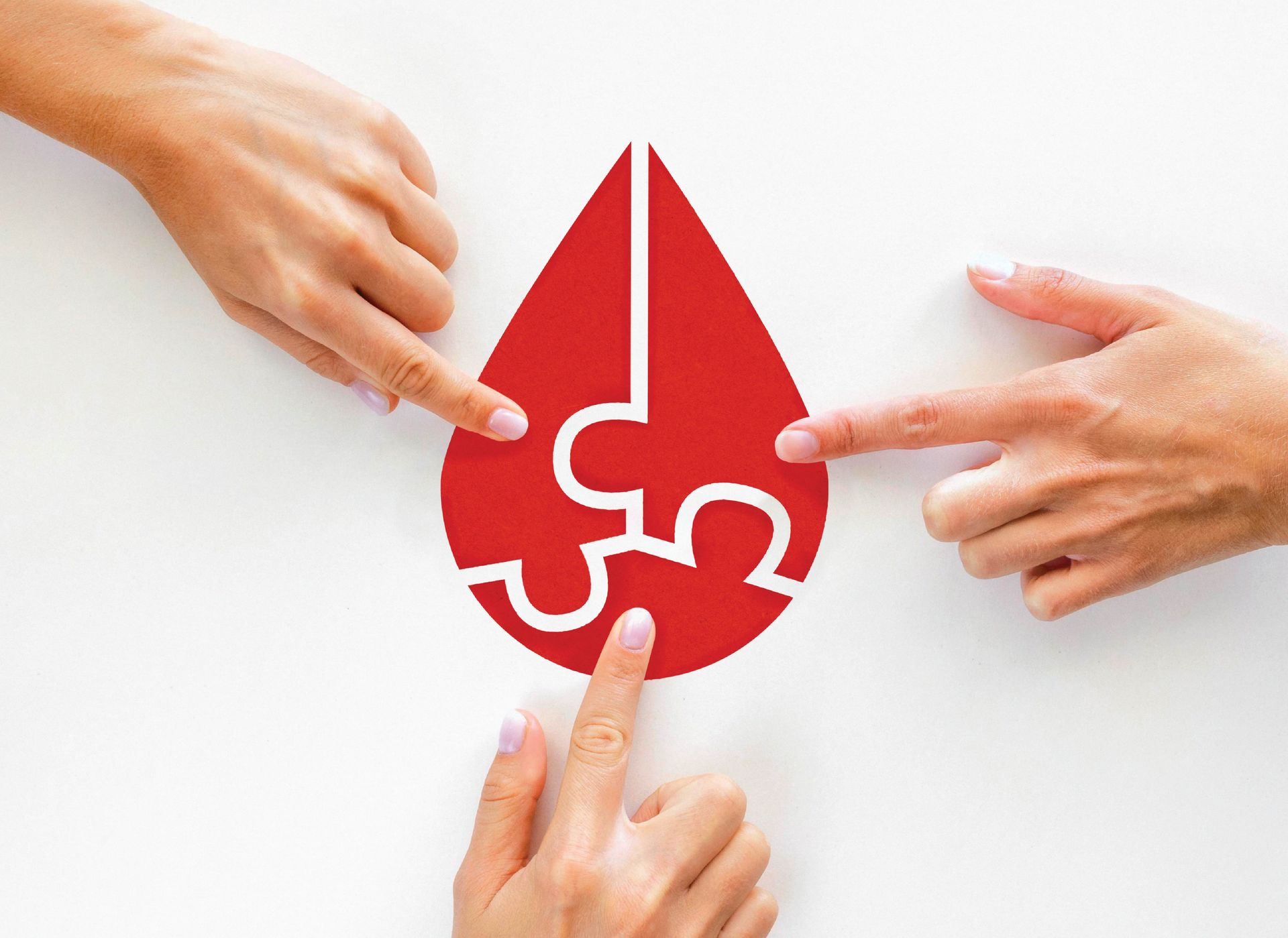
Why Not You? Why Not Now? If you had the chance to save up to three lives in under an hour—no cape, no superpowers needed —would you do it? On June 14, we celebrate World Blood Donor Day, and here in Australia, it’s also National Blood Donor Week—a time to pause and thank everyday legends who give a little to make a massive difference. But let’s be real: this isn’t just a celebration. It’s a call to action. Because while 1 in 3 Aussies will need blood or blood products in their lifetime, only 1 in 30 actually donates. That’s a whole lot of Aussies counting on a very small, very generous group of people to keep the rest of us alive. The Real-Life Impact of One Small Act It might feel like a small thing—lying back for 10 minutes, squeezing a stress ball, and enjoying a free juice—but blood donation keeps Australia’s health system moving. Every single donation goes further than you might think. It could be used in a life-saving surgery, during a cancer patient’s treatment, or to help someone recover from a major car accident. Then there’s plasma—the golden liquid used in over 18 different medical treatments. Plasma is used to help patients with cancer, burns, immune deficiencies, haemophilia, kidney conditions, and more. And the need for plasma is growing fast. In fact, plasma donations are now the most in-demand donation type in Australia. Think your one donation won’t make a difference? Let’s talk about James Harrison, the Aussie known as the “Man with the Golden Arm.” After life-saving surgery in his teens, James pledged to give back—and he did, 1,173 times over more than six decades. His rare blood was used to help make an injection that saved 2.4 million Australian babies from a deadly condition called Rh disease. James passed away peacefully earlier this year at age 88, and his legacy reminds us what one person—just one—can do. Why People Don't Donate (And Why Those Reasons Might Not Hold Up) We get it. Life’s busy. Needles aren’t exactly a crowd favourite. You’ve got work deadlines, travel plans, or maybe a low-iron warning from that one blood test in 2012 still rings in your ears. But let’s be honest: a lot of us are counting ourselves out without really checking if we’re in. Some of the most common reasons people don’t donate? “I’ve got tattoos or piercings.” Totally fine—usually you only need to wait four months after getting them. “I’ve travelled recently.” Travel exclusions aren’t what they used to be. Check the latest guidelines—you might already be cleared. “I’m on medication.” Lots of medications are donation-safe. When in doubt, just ask. “It takes too long.” Most donations take less than an hour—faster than your average dentist appointment and infinitely more fun (plus better snacks). “I thought I couldn’t.” That’s the big one. A lot of people think they’re ineligible when they’re not. In fact, more than 13 million Australians may be eligible but aren’t donating. So if it’s been a while—or if you’ve never donated—now’s the time to check. Because every four minutes, Australia needs a new donor to meet demand. That’s not a once-in-a-while thing. It’s a constant , and right now, the need is the greatest it’s been in nearly a decade. Thinking About Donating for the First Time? We know the first step can feel like the biggest one. But honestly? It’s not scary. It’s actually kind of… great. Lifeblood donation centres are friendly, chill, and welcoming. You’ll be greeted with smiles, helped every step of the way, and get to relax afterwards with a snack! Here are some quick tips to make your first donation feel easy (and rewarding). And here’s a little bonus: studies have shown that people who give blood regularly often report feeling healthier, happier, and more connected to their community. So yes, it actually feels good to help others .

Borderline Personality Disorder (BPD) is often misunderstood. It’s not about being overly dramatic or moody—it’s a complex mental health condition that affects how a person relates to others, manages emotions, and sees themselves. And while it can be incredibly tough to live with, there is hope and help available.
